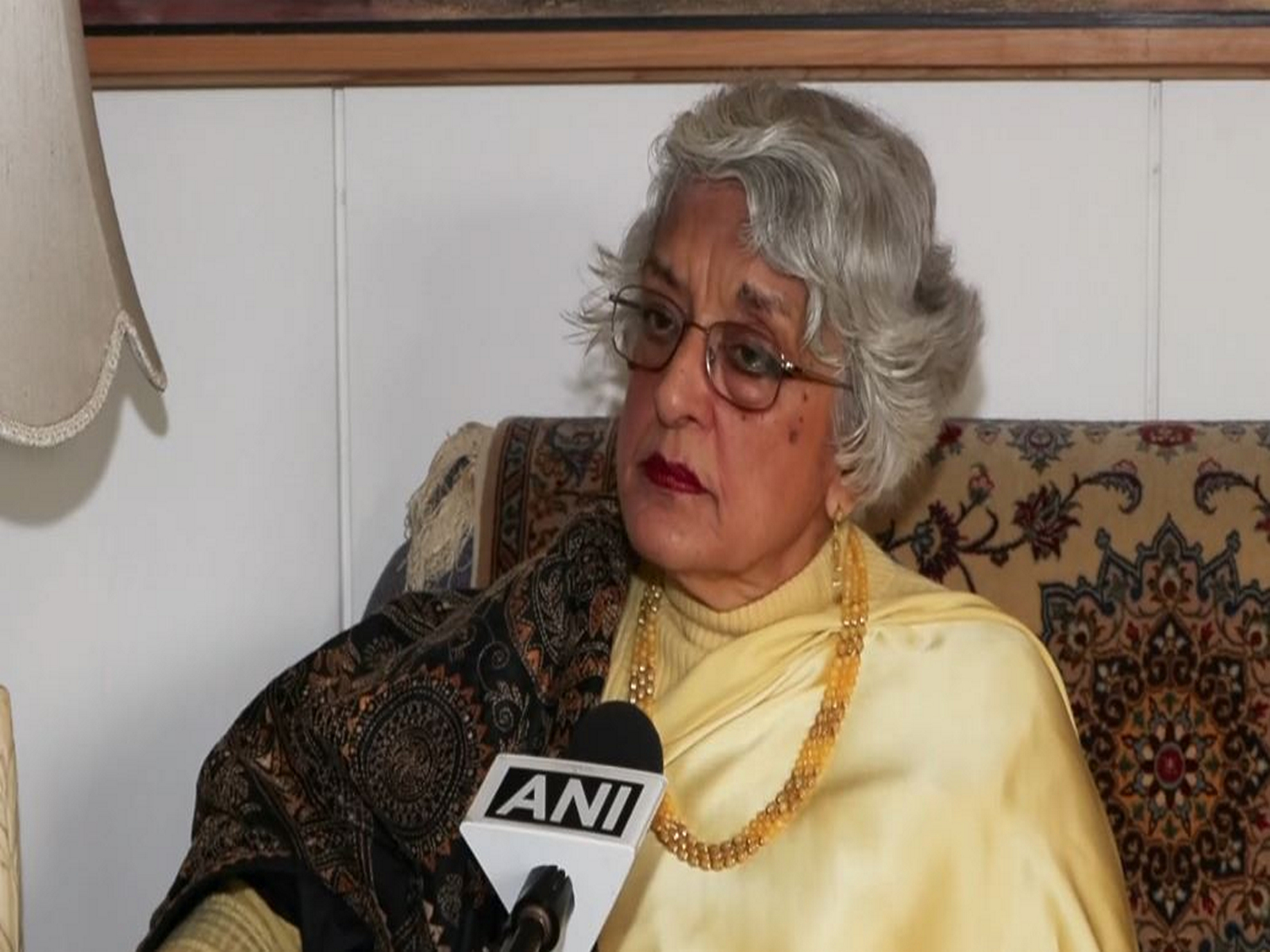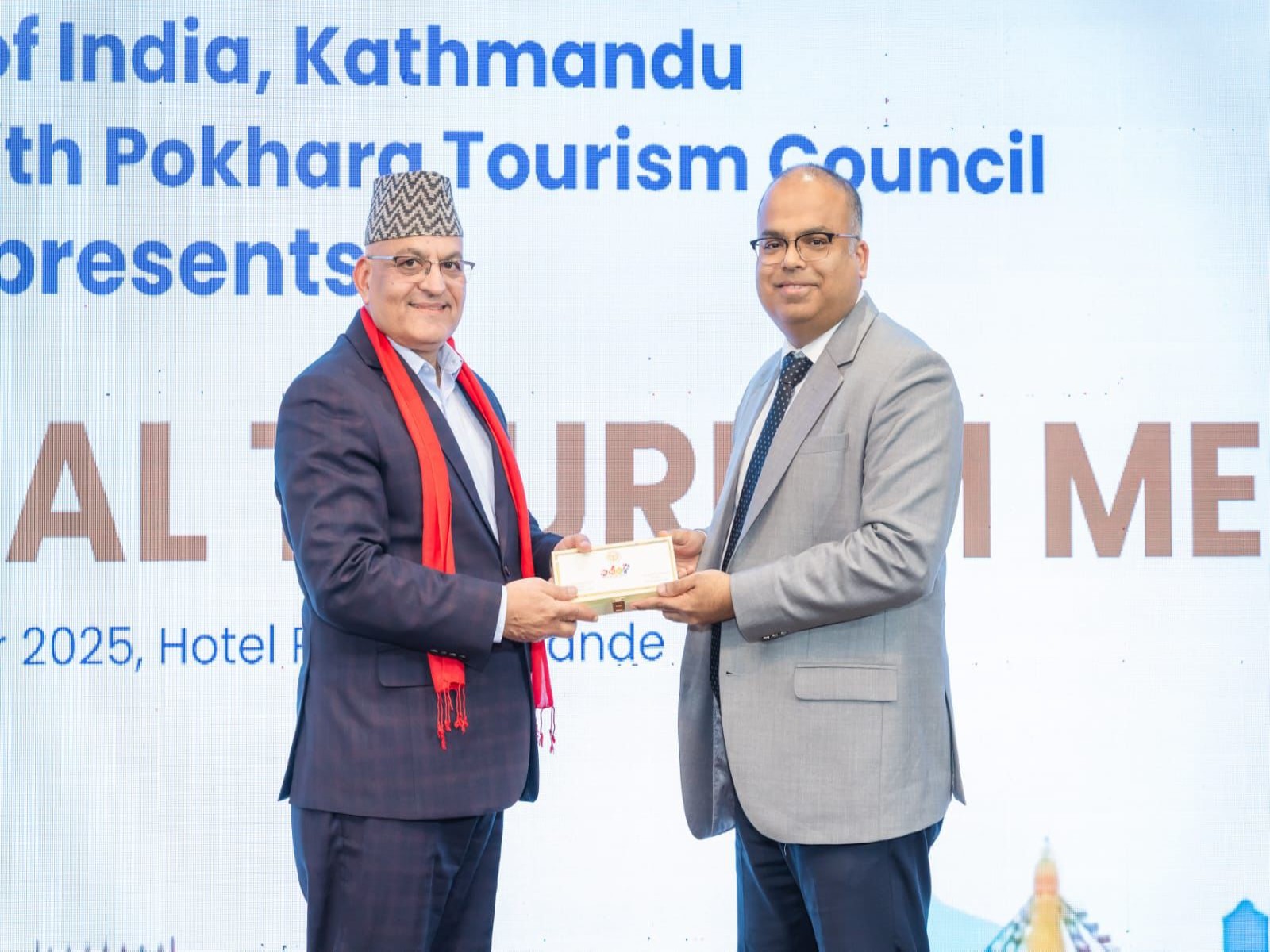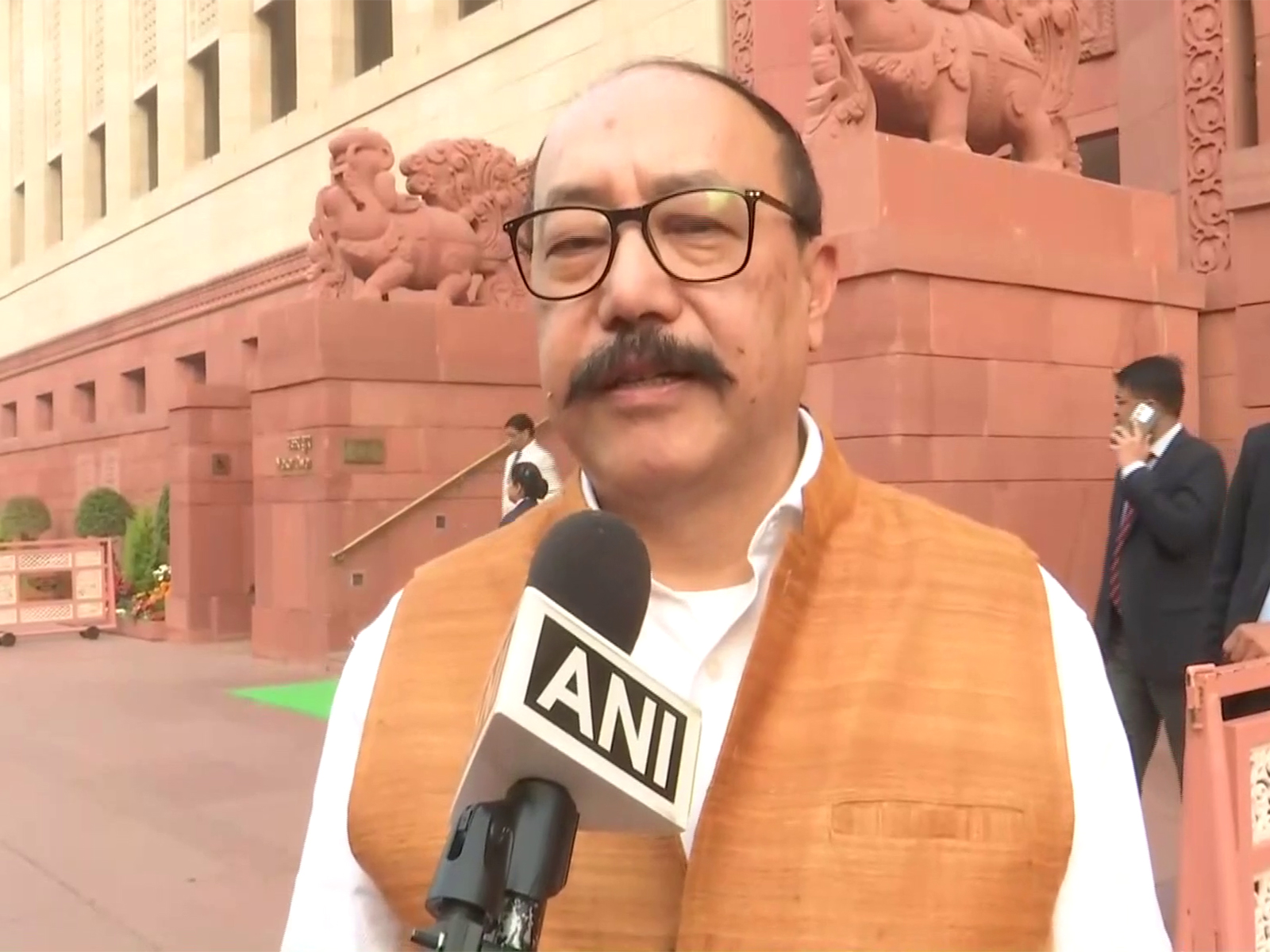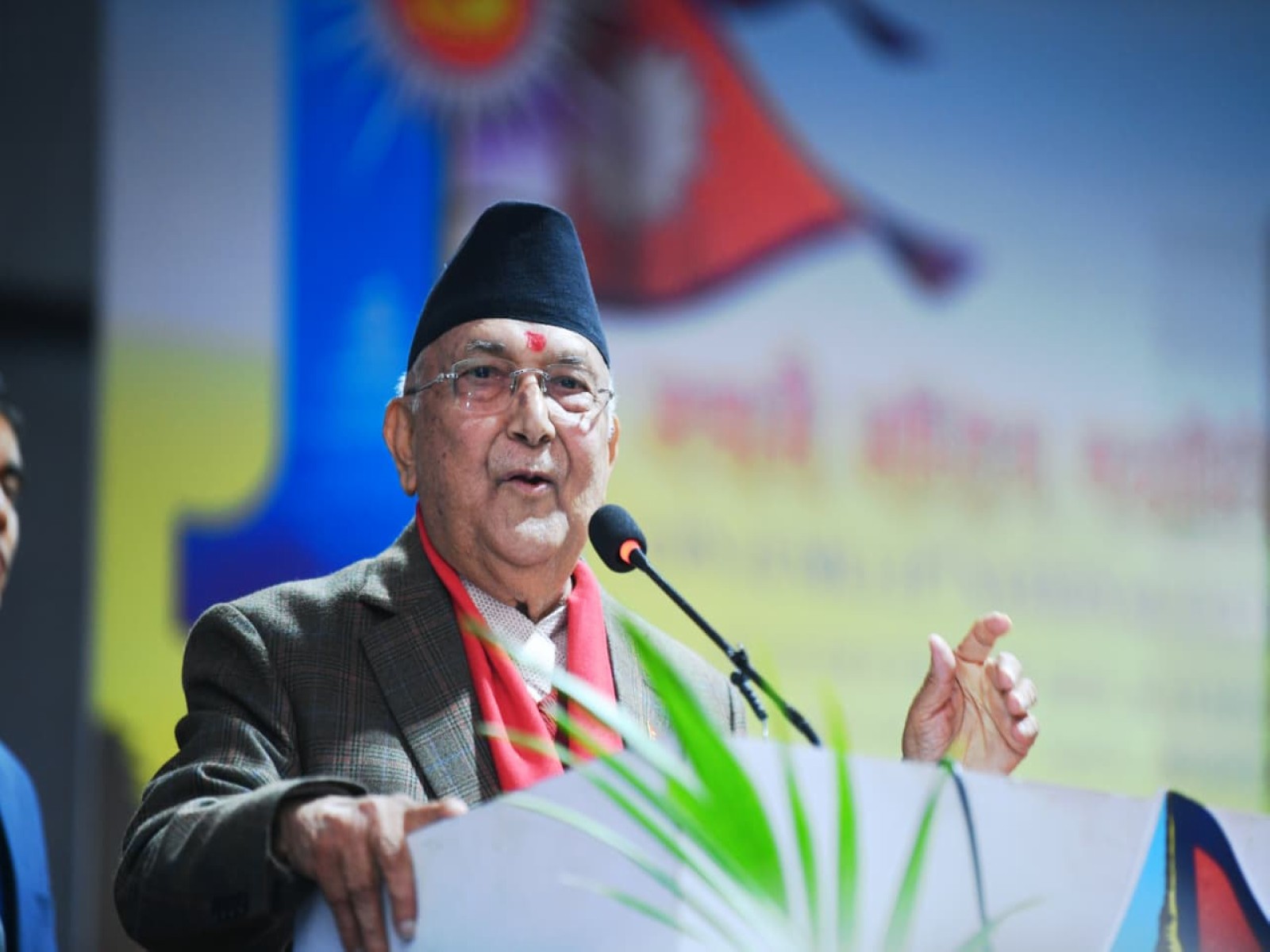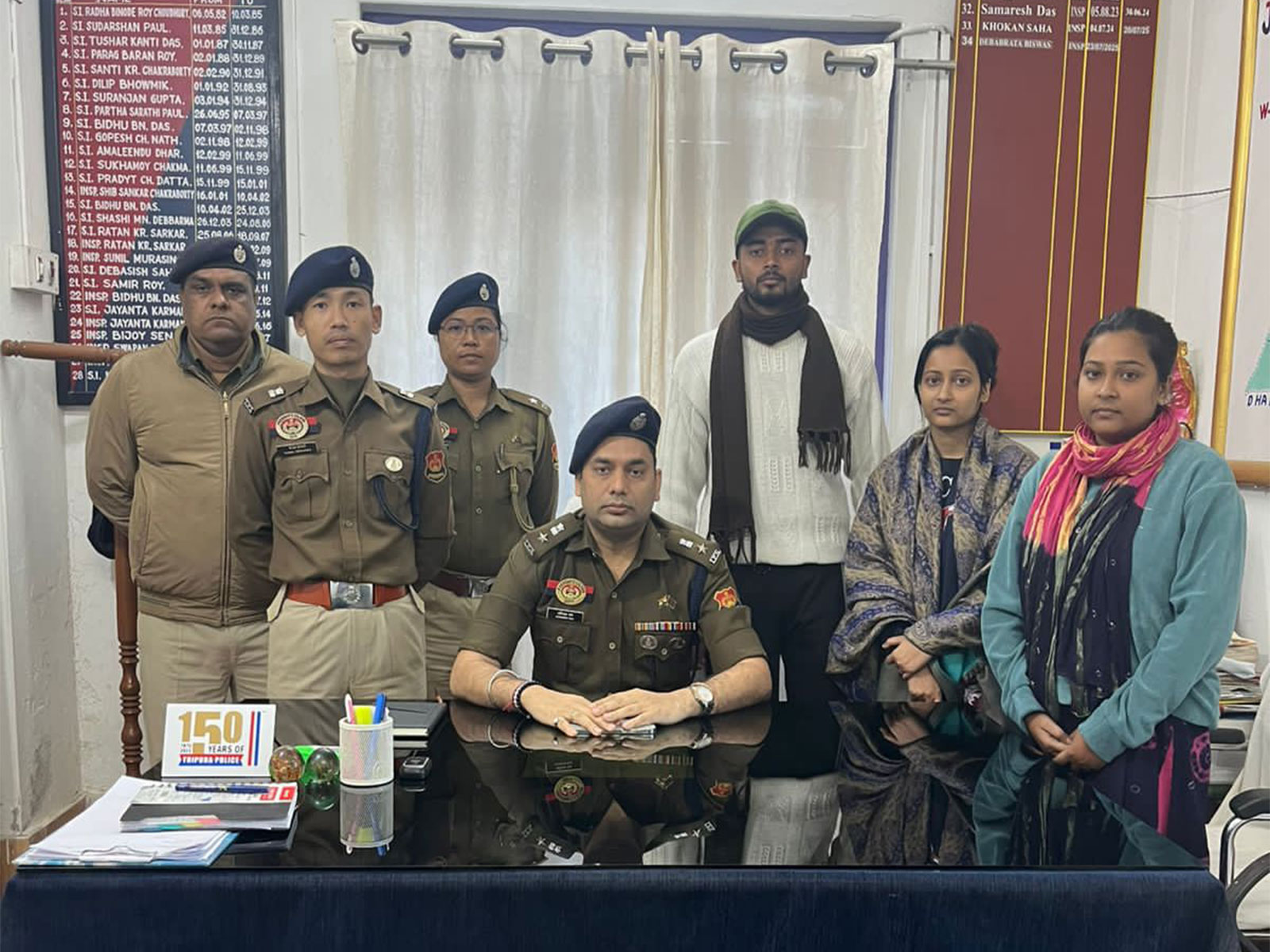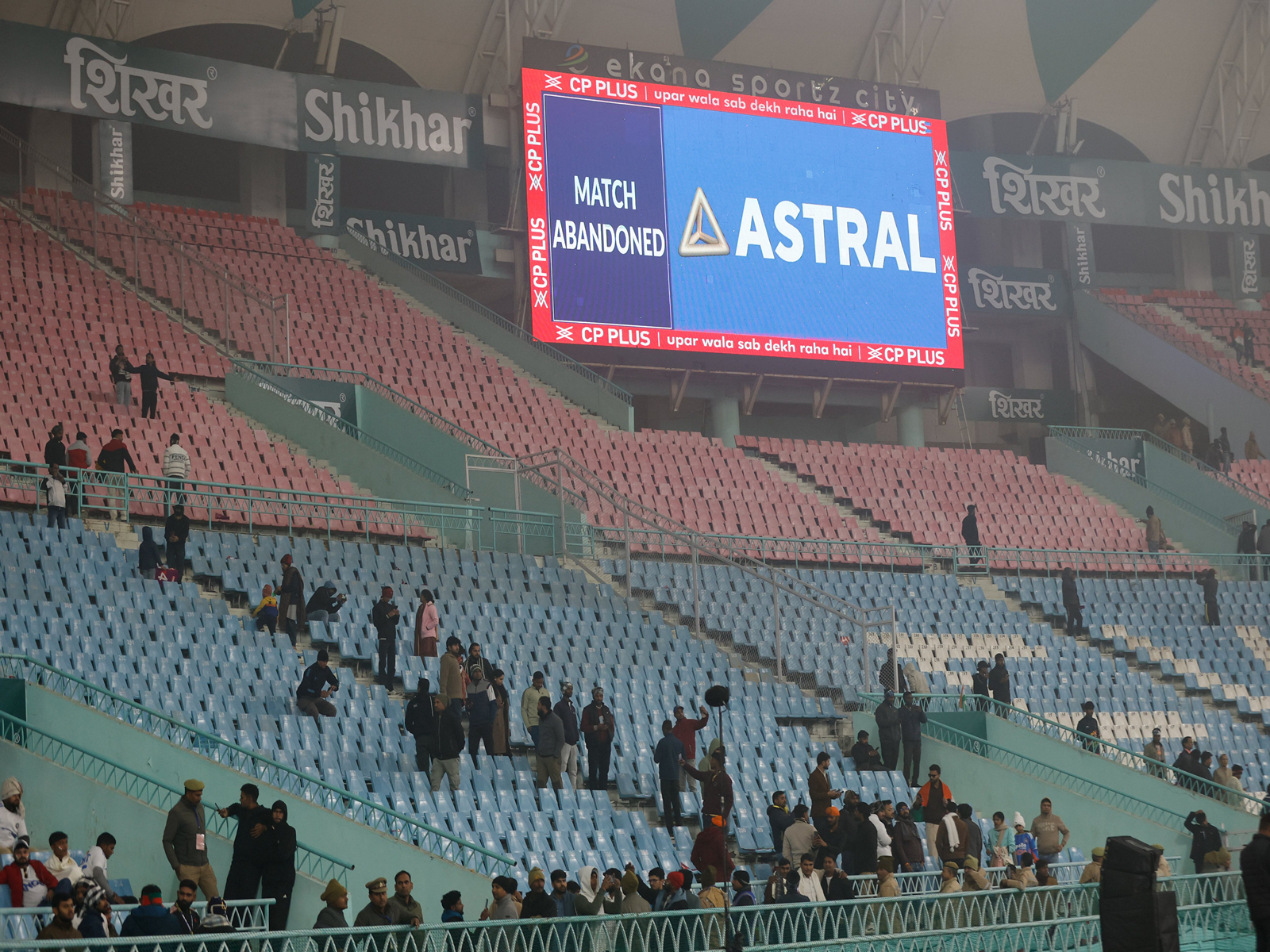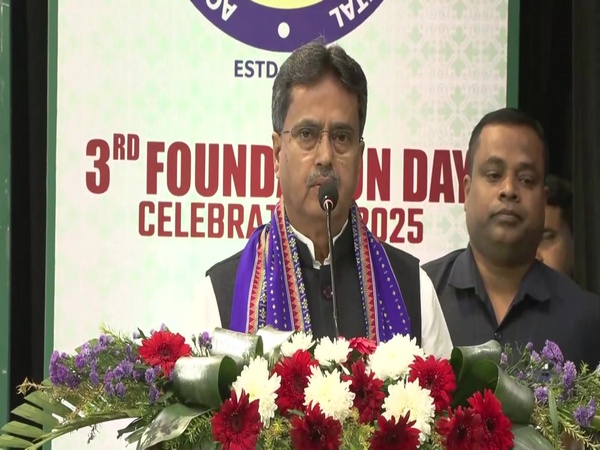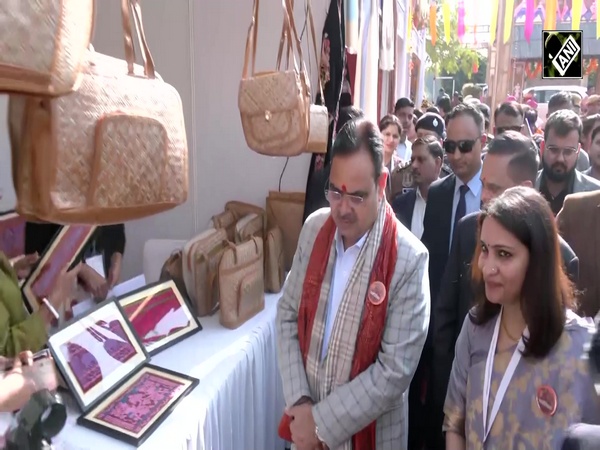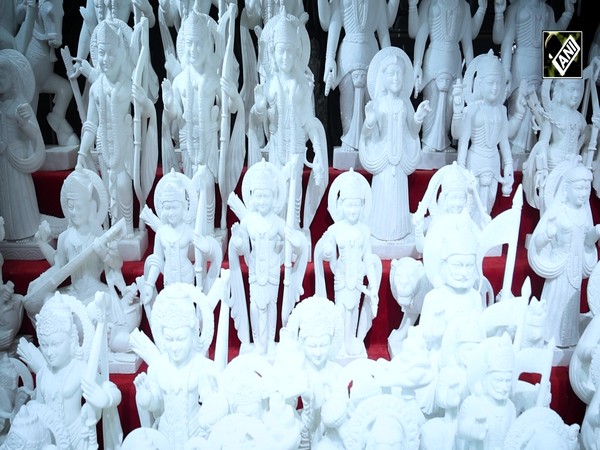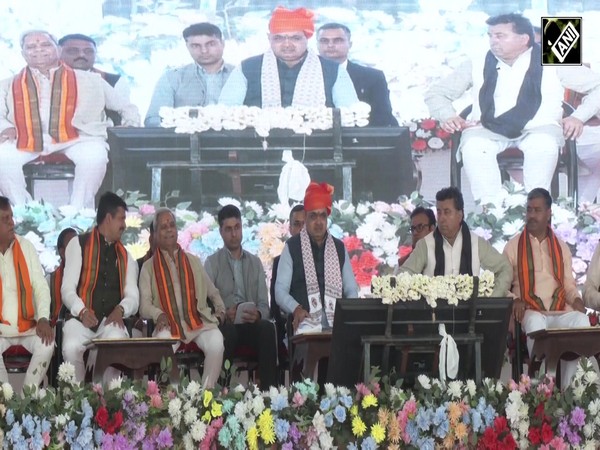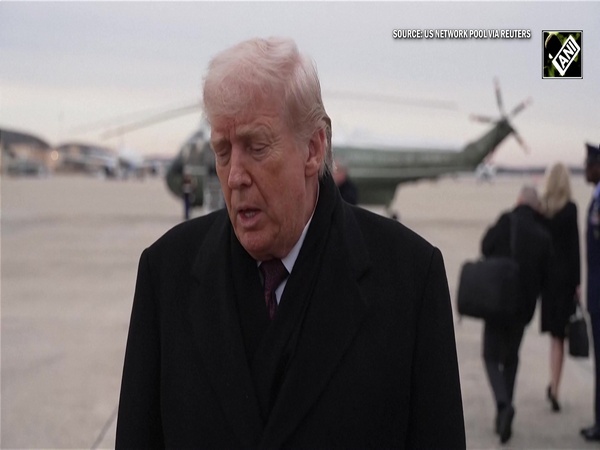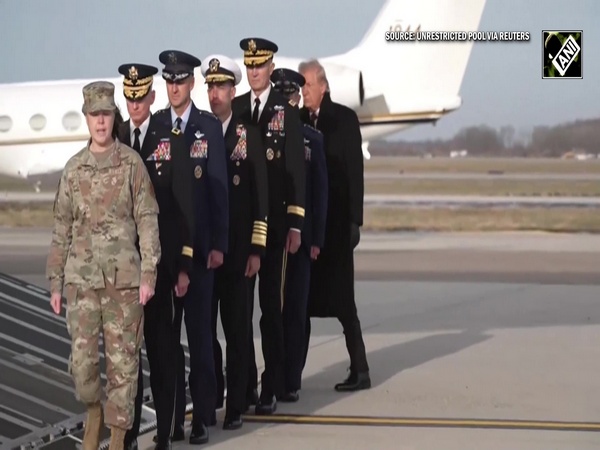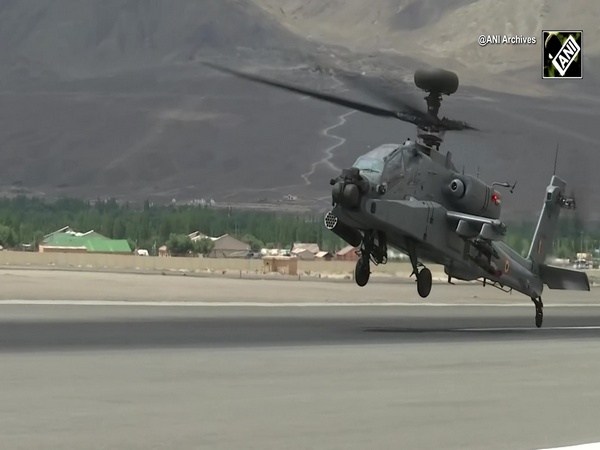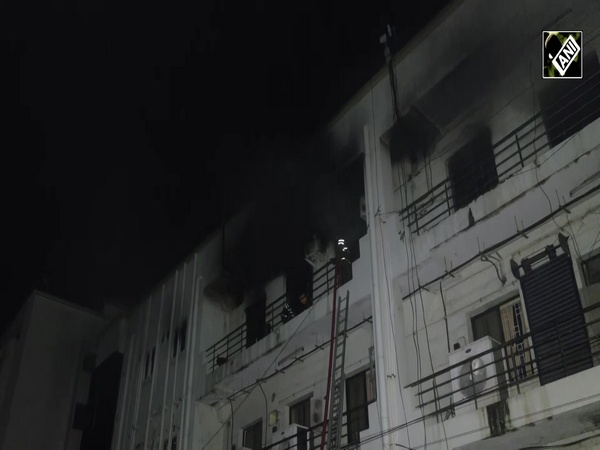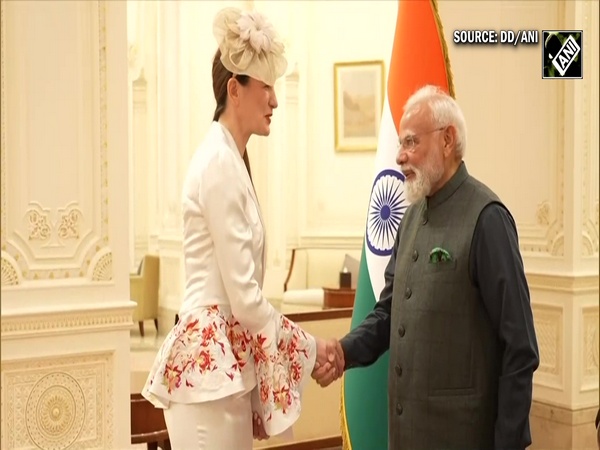Senior Chinese Communist Party leader Liu arrives in Nepal today
Jul 10, 2022

Kathmandu [Nepal], July 10 : Liu Jianchao, the head of the International Liaison Department of the Chinese Communist Party, arrived in Kathmandu for a four-day visit.
Liu, leading an eight-member delegation, landed at the Tribhuvan International Airport in Kathmandu this morning. Officials of the Ministry of Foreign Affairs welcomed him.
This is Liu's first visit to Nepal since he took over the office in the first week of June, Pardafas, a Nepalese news portal reported.
During his four-day visit to Nepal, he is scheduled to hold discussions with leaders including President Bidya Devi Bhandari, Prime Minister Sher Bahadur Deuba, Foreign Minister Dr Narayan Khadka, CPN (UML) Chairman KP Sharma Oli and CPN (Maoist Center) Chairman Pushpa Kamal Dahal 'Prachanda'.
Foreign Minister Liu will stay at Hotel Dwarika. This is the second high-level visit from neighbouring China since Chinese State Councilor and Foreign Minister Wang Yi visited Nepal last March, reported Pardafas.
Before coming to Nepal, Liu Jianchao held a virtual meeting with the top leadership of the ruling Nepali Congress and the Maoist Centre and the main opposition party CPN-UML.
According to the Kathmandu Post, this visit comes as the Himalayan nation is heading towards federal and provincial elections and the country's Election Commission has already proposed holding both the elections in a single phase on November 18.
In the Nepali newspaper, the Chinese are still weighing the possibility of unity among the communist forces. "A possible agenda of the visit could be to encourage a pre-or post-poll alliance between like-minded lefties forces or only between the UML and the Maoist Centre," a UML leader who has interacted frequently with Chinese leaders told the Kathmandu Post.
The visit also follows the Nepal Parliament's ratification of the United States' Millennium Challenge Corporation Nepal Compact despite China's strong reservations.
More recently, another US State Partnership Program (SPP) in the field of security and military caused a flurry of debates in the country. China expressed grave concerns over whether Nepal would be a US ally in defence cooperation. The Chinese government even commended the decision after the Nepal government decided not to be a part of the SPP.
The report further states that the Chinese Communist Party is also keen to expand ties with the Nepali Congress.
Besides building party-to-party ties between the CPC and Nepal's political parties, and expediting the China-led Belt and Road Initiative, the delegation will also look to promote Chinese interests in Nepal.
